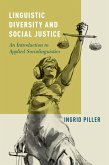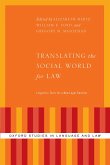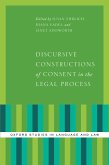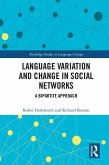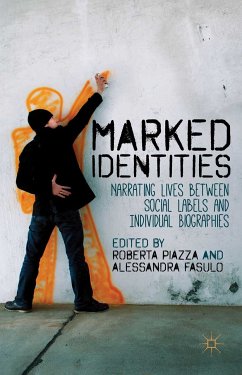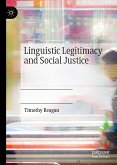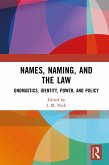Understanding and addressing linguistic disadvantage must be a central facet of the social justice agenda of our time. This book explores the ways in which linguistic diversity mediates social justice in liberal democracies undergoing rapid change due to high levels of migration and economic globalization. Focusing on the linguistic dimensions of economic inequality, cultural domination and imparity of political participation,
Linguistic Diversity and Social Justice employs a case-study approach to real-world instances of linguistic injustice. Linguistic diversity is a universal characteristic of human language but linguistic diversity is rarely neutral; rather it is accompanied by linguistic stratification and linguistic subordination. Domains critical to social justice include employment, education, and community participation. The book offers a detailed examination of the connection between linguistic diversity and inequality in these specific contexts within nation states that are organized as liberal democracies. Inequalities exist not only between individuals and groups within a state but also between states. Therefore, the book also explores the role of linguistic diversity in global injustice with a particular focus on the spread of English as a global language. While much of the analysis in this book focuses on language as a means of exclusion, discrimination and disadvantage, the concluding chapter asks what the content of linguistic justice might be.
Dieser Download kann aus rechtlichen Gründen nur mit Rechnungsadresse in A, B, BG, CY, CZ, D, DK, EW, E, FIN, F, GR, HR, H, IRL, I, LT, L, LR, M, NL, PL, P, R, S, SLO, SK ausgeliefert werden.



